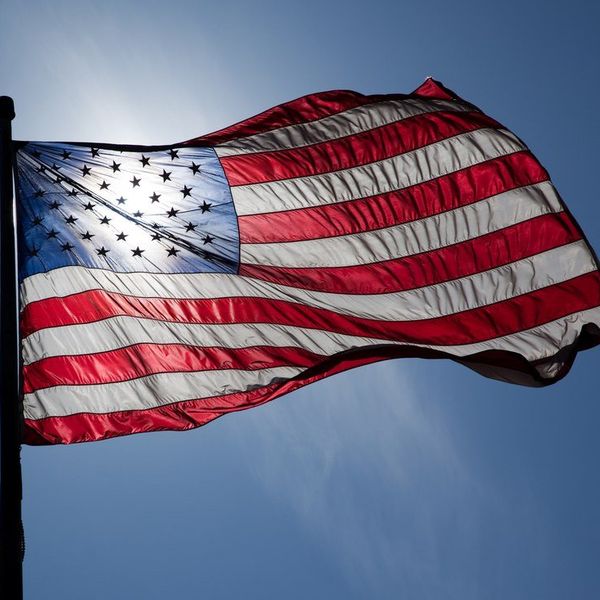Trump's travel ban has been mired with controversy since its inception, but now it has some legitimacy to be upheld, for the most part. This is the second travel ban that has since gone into effect after a court in Washington ruled that the first injunction should stay. The most recent travel ban was ruled in a Virginia court that said it "speaks with vague words of national security, but in context drips with religious intolerance, animus and discrimination." The court was able to surmise that since Trump's rhetoric was highly intolerant during the campaign and throughout the entirety of his presidency that this ban was a clear overreach of his executive powers. This was all bubbling beneath the surface throughout the month of June, and now we have a ruling by the Supreme Court of the United States.
Despite the fact that the court will formally listen to the case in October, they have decided to intervene within the legal discussion on the travel ban and have even lifted most of the injunction that is currently in effect. However, this does mean that the court is allowing parts of the travel ban to go into effect. The court said on Monday that "in practical terms, this means that [the executive order] may not be enforced against foreign nationals who have a credible claim of a bona fide relationship with a person or entity in the United States.” Therefore, any individual who wishes to start a life in the United States on their own will not be able to do so. Basally, only if you have loved ones in the United States can you be seen as a legitimate citizen returning to the United States from many-- but not all-- Muslim majority countries. These countries include Iraq, Iran, Libya, Sudan, Somalia, Syria, and Yemen, all of which have had a minimal effect when it comes to the War on Terrorism and the United States.
Only a handful of people, if that, have been accused of terrorist activities from these countries. Like I said in my recent Saudi Arabia article, these countries are not the ones who spread terrorism, but Saudi Arabia is-- a nation that is not included within the scope of Trump's ban. The travel ban is the epitome of American ignorance, isolationism, and Islamophobia, and now that the Supreme Court has issued an emergency ruling and are set to hear the case in a few months, this could set a very dangerous precedent for the the executive branch. This ruling will uniquely legitimize situations like Japanese internment camps or rulings like the Chinese Exclusion Act, which enable whoever wields executive power to target certain people purely based on where they come from.
To me, it seems that this executive order is very arbitrary and does not get to the root of the problem. Sure, vetting people may be one thing, but blocking an entire nation's entrance into another country is a bit extreme. I would say that to some degree terrorist attacks are inevitable due to location, convenience, and policy decisions. Refugees are here and more are coming, so a policy that is based around exclusion wont work for us. If these sorts of policies continue, they will force marginalized people back into precarious situations, which in many cases is effectively a death sentence. I just hope that the international community continues to do all it can and countries like Germany continue to lead the world toward better treatment of these people.



















